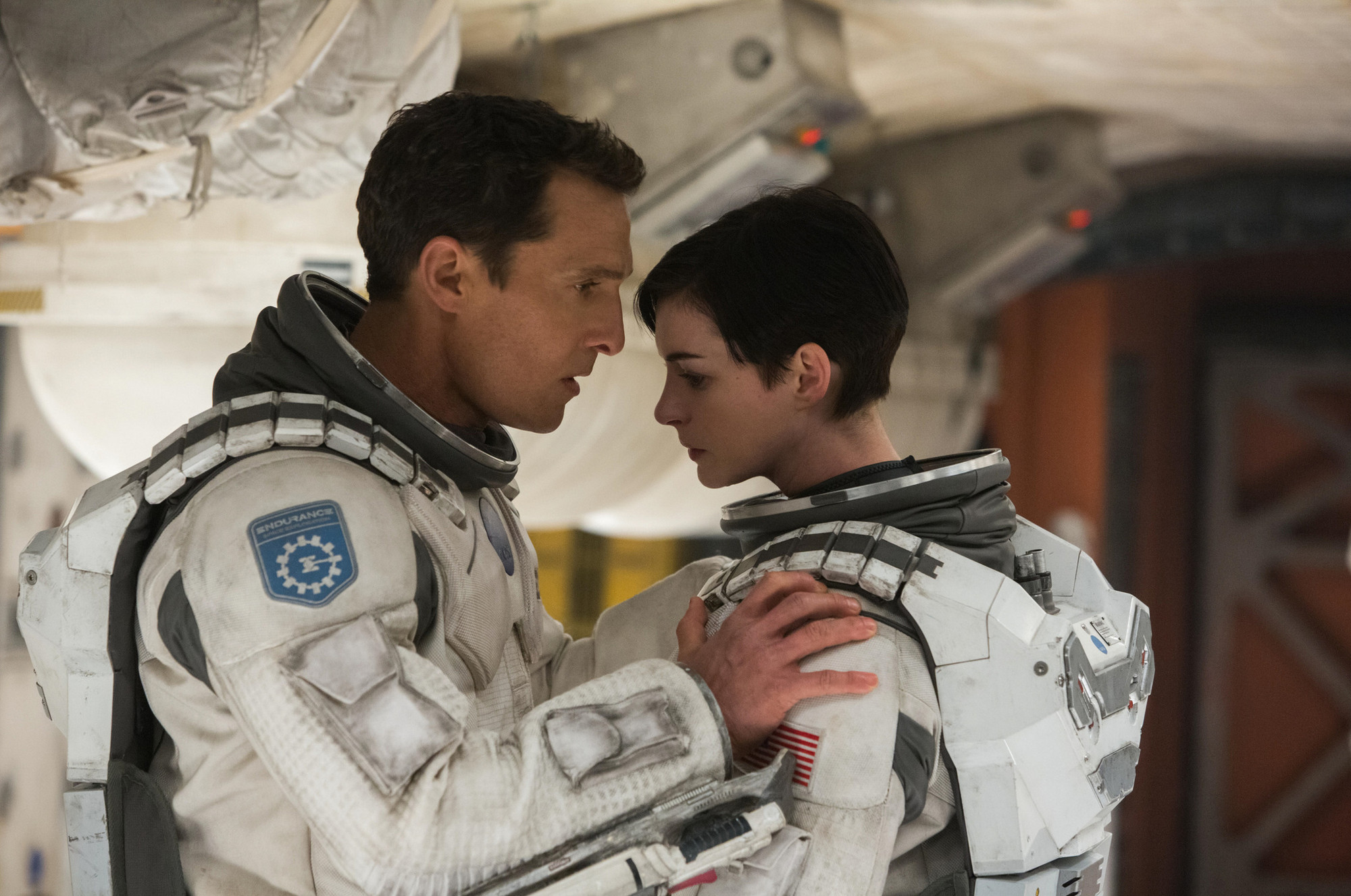Interstellar No No No: A Comprehensive Exploration Of The Film's Controversial Themes
Interstellar No No No has become a trending topic among film enthusiasts and critics alike. This phrase, often associated with the groundbreaking film "Interstellar" directed by Christopher Nolan, highlights the controversial aspects of the movie that have sparked heated debates. Whether it's the film's scientific accuracy, emotional depth, or narrative structure, Interstellar No No No represents the diverse opinions surrounding this masterpiece.
Released in 2014, "Interstellar" quickly established itself as one of the most thought-provoking science fiction films of the decade. The movie explores complex themes such as space exploration, time dilation, and the human condition. However, not all viewers embraced its narrative and scientific elements, leading to the emergence of the term "Interstellar No No No" as a way to express dissenting opinions.
This article will delve into the controversies surrounding the film, offering a balanced perspective that acknowledges both its strengths and weaknesses. By examining the scientific, emotional, and narrative aspects of "Interstellar," we aim to provide readers with a comprehensive understanding of why this film continues to polarize audiences worldwide.
Read also:What Is Jpop Fashion A Comprehensive Guide To Japanese Pop Culture Style
Table of Contents
- Introduction
- Overview of Interstellar
- Scientific Controversies
- Emotional Elements
- Narrative Structure
- Audience Reactions
- Expert Opinions
- Long-Term Impact
- Common Misconceptions
- Conclusion
Overview of Interstellar
"Interstellar" is a science fiction film that revolves around a group of astronauts traveling through a wormhole in search of a new home for humanity. Directed by Christopher Nolan, the movie combines cutting-edge special effects with a deeply emotional narrative. The film stars Matthew McConaughey, Anne Hathaway, and Jessica Chastain, among others, and explores the challenges faced by humanity in the face of environmental collapse.
Key Themes in Interstellar
The film addresses several key themes, including:
- Space exploration and its implications for humanity's future
- The effects of time dilation on human relationships
- The role of love and emotion in decision-making
- The ethical dilemmas faced by scientists and explorers
Scientific Controversies
One of the primary reasons "Interstellar" sparked debate is its portrayal of scientific concepts. While the film consulted renowned physicist Kip Thorne to ensure accuracy, some critics argue that certain aspects remain speculative or misleading.
Wormholes and Black Holes
The film's depiction of wormholes and black holes has been both praised and criticized. While Kip Thorne's involvement added credibility, some viewers found the visual representation overly simplistic or exaggerated.
Emotional Elements
At its core, "Interstellar" is a deeply emotional film that explores the bond between parents and children. The relationship between Cooper (Matthew McConaughey) and his daughter Murph (Jessica Chastain) serves as the emotional anchor of the story.
Love as a Scientific Force
One of the most controversial elements of the film is its suggestion that love can transcend space and time. While this idea resonates with many viewers, others dismiss it as unscientific or overly sentimental.
Read also:Mode Ipo A Comprehensive Guide To Understanding The Next Big Tech Listing
Narrative Structure
The film's narrative structure has also drawn criticism. Some viewers found the pacing uneven or the plot overly complex, while others praised its ambition and depth.
Time as a Narrative Device
Time plays a crucial role in the film's storytelling, with scenes set decades apart yet interconnected through the characters' experiences. This nonlinear structure challenges viewers to engage deeply with the material.
Audience Reactions
Reactions to "Interstellar" have been mixed, with audiences divided on its merits. While many laud its visual effects and emotional resonance, others criticize its scientific inaccuracies and narrative complexity.
Common Criticisms
- Overly sentimental portrayal of love
- Complex scientific concepts that may alienate casual viewers
- Pacing issues in certain parts of the film
Expert Opinions
Experts in the fields of science, film criticism, and psychology have weighed in on "Interstellar," offering diverse perspectives on its strengths and weaknesses.
Scientific Validation
Kip Thorne's involvement in the film's production provides a strong foundation for its scientific concepts. However, experts caution that some elements remain speculative or beyond current scientific understanding.
Long-Term Impact
"Interstellar" continues to influence discussions about science fiction and its role in shaping public perceptions of science. The film's exploration of space exploration, climate change, and human resilience has sparked interest in these topics among a new generation of viewers.
Influence on Popular Culture
The film's visual effects and emotional depth have inspired countless other works in the science fiction genre. Its legacy extends beyond entertainment, encouraging dialogue about humanity's future in an increasingly uncertain world.
Common Misconceptions
Despite its widespread popularity, "Interstellar" is often misunderstood by audiences unfamiliar with its scientific and emotional nuances. Common misconceptions include:
- The film promotes pseudoscience rather than legitimate scientific concepts
- The emotional elements overshadow the scientific aspects
- The narrative is too complex for casual viewers to follow
Conclusion
"Interstellar No No No" represents the diverse opinions surrounding one of the most ambitious science fiction films of recent years. While the film's scientific accuracy, emotional depth, and narrative structure have sparked debate, its impact on popular culture and scientific discourse cannot be denied. By engaging with both its strengths and weaknesses, viewers can gain a deeper appreciation for the film's contributions to the genre.
We invite you to share your thoughts on "Interstellar" in the comments below. Do you agree with the critics, or do you believe the film deserves more recognition? Explore our other articles for further insights into the world of science fiction and beyond.
Data Sources:
Article Recommendations

